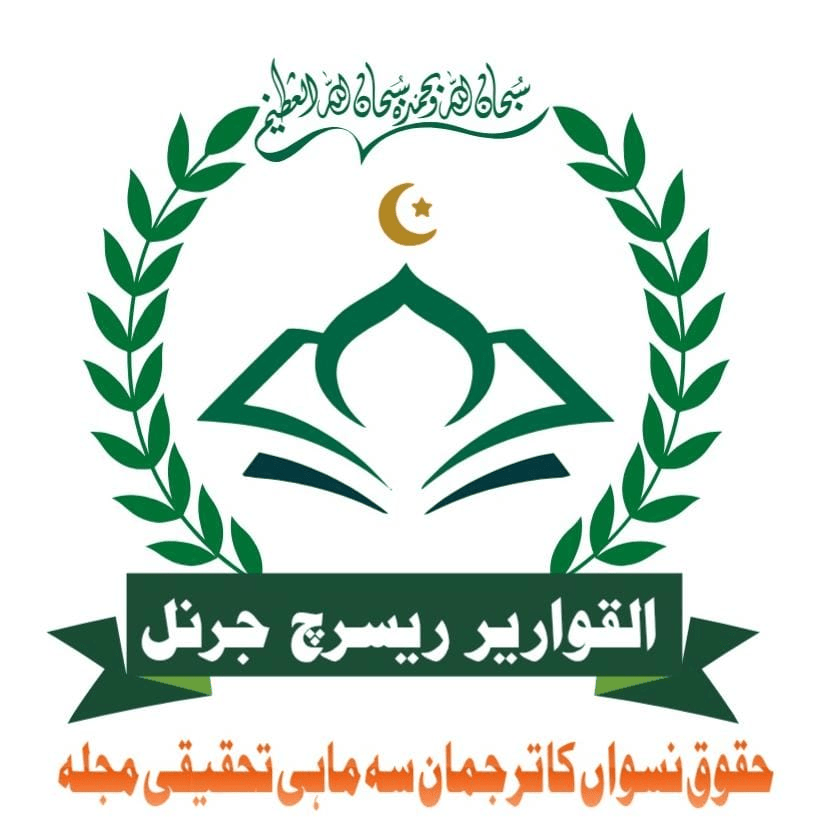خواتین کا معاشی استحکام: اسلامی تعلیمات اور سماجی حقائق کا عصری تناظر میں تحقیقی مطالعہ
Women’s Economic Stability: A Research Study on Islamic Teachings and Social Realities in Contemporary Perspective
DOI:
https://doi.org/10.1000/yw05dc08Keywords:
Women, Economic Stability, Empowerment, Islam, Society, DevelopmentAbstract
The economic empowerment of women has become one of the most critical aspects of developmental discourse in the contemporary era. Women, being integral members of society, contribute significantly to strengthening economic structures at both individual and collective levels. This study examines women’s economic stability through the lens of Islamic teachings, Pakistani socio-cultural realities, and global developmental measures. Islam, centuries ago, granted women unparalleled rights such as inheritance, independent financial ownership, and the freedom to participate in economic activities within the bounds of modesty. Historical examples, such as the entrepreneurial role of Khadījah al-Kubrā (RA), reflect how women have effectively contributed to family and societal well-being. In Pakistan, despite remarkable progress in education and professional participation, women still face significant challenges including cultural barriers, workplace discrimination, and limited access to resources. The study also explores modern opportunities such as digital platforms, microfinance, and inclusive labor markets that can ensure women’s sustainable economic growth. It argues that true empowerment must align with Islamic values, ethical norms, and contemporary socio-economic needs. Women’s economic stability is not merely a matter of personal independence but a prerequisite for societal prosperity, national development, and long-term stability. This research highlights both achievements and shortcomings in current measures while offering practical recommendations for enabling women to achieve meaningful empowerment without compromising religious and moral principles. Ultimately, the study emphasizes that empowering women economically is both a social necessity and a moral responsibility rooted in Islamic guidance.
Downloads
Downloads
Published
Issue
Section
License

This work is licensed under a Creative Commons Attribution-NonCommercial-NoDerivatives 4.0 International License.




